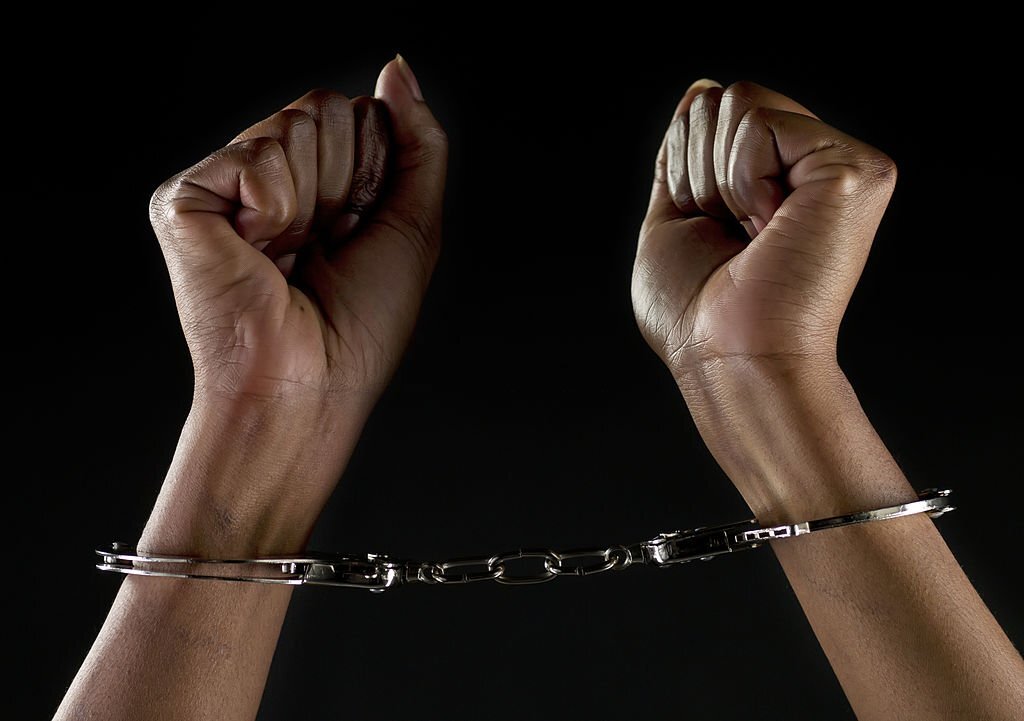Amaka, 35
Real names withheld for the purpose of privacy.
Disclaimer: WIPSI does not support or condone criminal activities in any capacity. Our mission is to ensure access to justice, fair punishment aligns with the severity of the crime as well as uphold the right to a fair trial while also working to educate those lacking access to justice and victims of ignorance, prioritising the wellbeing of society and the individuals involved.
Amaka’s tale weaves a fascinating narrative filled with unexpected twists and turns, a series of highs and lows that make her journey truly captivating. In this narrative, left turns symbolise challenges and setbacks, while right turns signify moments of triumph and success. Strikingly, it often feels like, for every right turn Amaka takes, fate intervenes with three left turns, leading her back to square one.
Amaka, hailing from the Igbo ethnic group, grew up in the vibrant, predominantly Yoruba city of Lagos. Contrary to expectations, this cultural fusion wasn’t a detour in her story; if anything, it represented a positive turn. Fondly called “Omo Igbo,” meaning “Igbo Child,” she wore this title as a badge of honour. While her mastery of the local dialect was impressive, occasional mispronunciations added a touch of endearing authenticity, subtly revealing her Igbo roots.
Following her university education, Amaka embarked on her National Youth Service Corps (NYSC) program, a pivotal year that included three weeks of what resembled military training in a less-than-hygienic camp with less-than-polite company. Having spent her entire life in Lagos, Amaka was posted to Kano state, far from the familiar, making her service year a bittersweet experience. The bitterness stemmed from the challenging conditions of the camp and the solitude of being in an unfamiliar place for a whole year, while the sweetness came in the form of Segun—the love of her life.
Post-service year, Segun and Amaka returned to Lagos, their hometown, to introduce each other to their respective families. This decision marked a significant right turn in Amaka’s life. As they ventured into married life, the initial days were not immune to the common challenges faced by new couples. However, what set their journey apart was Segun’s unwavering support and respect. Amidst the inevitable daily disagreements, Segun never resorted to abusive language or made Amaka feel like she was nagging. Their marriage became a platform for mutual growth, where they embraced corrections, learned from one another, and strengthened their bond over time.
Six years and two children later, Amaka and Segun were still joyously married. They had made family traditions like going to see a movie with their kids whenever the family football team (Arsenal) won a match. This road called life was going smoothly, little did Amaka know that there was a sharp left turn not so far on the road.
Tragedy struck on Sunday, the 21st of September 2014, when Segun lost his life. Driving home from a prolonged working trip in Abuja, he encountered a sudden obstacle—a motorcycle sharply entering the main road. In an attempt to avoid a collision, Segun made a fateful left turn, colliding headfirst with a streetlight. Despite the airbag deploying, the impact had already taken its toll, and Segun didn’t make it to the hospital.
This sharp left turn left Amaka grappling with the harsh reality of being widowed and single-handedly raising their children. Three months after Segun’s passing, Amaka made the difficult decision to re-enter the workforce. In an unexpected twist, a job opportunity presented itself—almost as if trying to compensate for the loss she had endured. Although she felt underqualified and anticipated rejection, Amaka applied and, to her surprise, secured a position at a microfinance bank. The job, a potential right turn in her journey, offered a glimmer of hope and a new direction as she prepared to start the following Monday with an orientation program.
Amaka’s life takes a bewildering turn as she navigates a series of unexpected events. Despite excelling in her job at the bank for nearly a year, her journey takes an abrupt and unsettling twist.
Assigned the task of collecting overdue payments, Amaka, like her colleagues, was expected to put pressure on defaulting clients. However, a left turn of unimaginable proportions awaited her when she, to her shock, found herself arrested by her own boss. Placed in prison alongside those who had defaulted on their loans, Amaka faced a cascade of unfortunate developments.
The strange turns continued with another left when Amaka was accused of stealing around half a million naira. A subsequent, equally sharp left occurred when the police raided her home, confiscating belongings worth about a quarter of a million naira. Despite being granted bail, Amaka faced yet another left turn as she couldn’t meet the stringent conditions within the stipulated 15 days, leading to her re-arrest. The legal battle stretched on for two gruelling years, culminating in a right turn as Amaka was convicted in her final court appearance – she considered it a win because it finally put an end to this battle she had been fighting. However, with the conviction came a fine of a hundred and fifty thousand Naira (#150,000)
Currently serving time in prison for approximately two years, Amaka is burdened not only by the alleged theft accusation but also by the uncertainty of recovering the confiscated items. Meanwhile, her two children find refuge with their grandmother—Amaka’s mother. Her children alongside her mother come to visit her every three weeks. They try to face that this is their harsh reality for now while looking hopefully for some form of justice.


